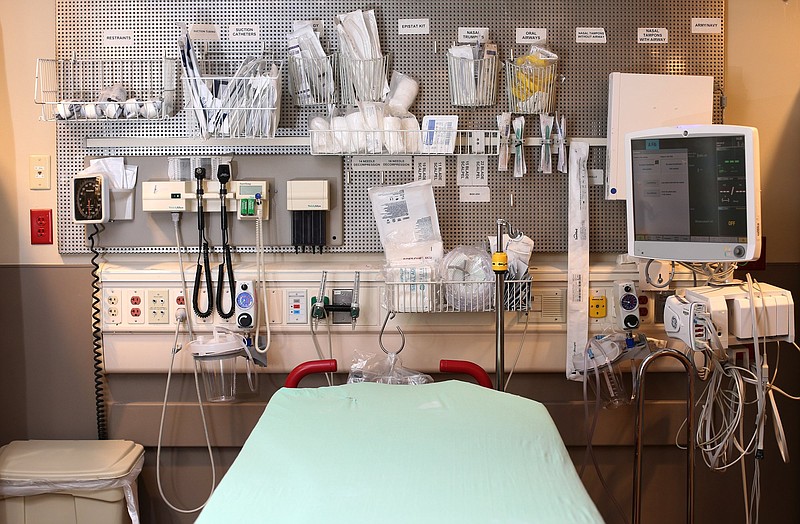A new report on state health system performance found states across the nation are grappling with soaring rates of deaths from suicide, alcohol and drugs. Other areas of concern were eroding health insurance coverage and the rising costs of premiums.
The Commonwealth Fund's 2019 Scorecard on State Health System Performance released Wednesday evaluates 47 health care indicators - such as access, quality, health outcomes, service use and costs of care - as well as income-based disparities in performance within states.
Tennessee moved up in the rankings to tie with Alabama for No. 38 overall, with both states seeing their drug-related deaths increase from 2013 to 2017. The overall death rates from suicide and alcohol worsened only slightly during that same time period and didn't impact the ranking relative to other states.
"What we're seeing is a regional epidemic when it comes to premature deaths from suicide, alcohol and drugs. It's going to take solutions that meet local need, and greater cooperation across all sectors - at both the federal and state level - to end the crisis that is shortening life expectancy in the United States," Dr. David Blumenthal, president of the Commonwealth Fund, said in a news release.
Findings are based on the authors' analysis of the most recent publicly available data from the U.S. Census Bureau, the U.S. Centers for Disease Control and Prevention and the Centers for Medicare and Medicaid Services, as well as other data sources.
Tennessee's worst areas of concern included mortality amenable to health care, adults who smoke and children who are overweight or obese. The state's top indicators were home health patients without improved mobility and adults with inappropriate lower back imaging.
While another of the state's top indicators was the hospital 30-day readmission rate for ages 18 to 64, this was also an area where Tennessee lost the most ground. Other indicators that worsened the most in Tennessee included adults without all recommended vaccines and adults with mental illness reporting unmet need.
Georgia ranked No. 42 overall, with its worst indicators being the high rates of uninsured adults and adults who went without care because of cost.
Sara Collins, study coauthor and Commonwealth Fund vice president for health care coverage and access, said in a news release that gains made in health insurance coverage and access to health care after enactment of the Affordable Care Act have stalled and even eroded in some states.
"There are a number of steps - including expanding Medicaid eligibility, enhancing subsidies and changing the ways providers are paid in private plans - that states and the federal government can take to improve access to care and lower costs," Collins said.
Hawaii, Massachusetts, Minnesota, Washington, Connecticut, and Vermont rank at the top of the Scorecard on State Health System Performance. Arkansas, Nevada, Texas, Oklahoma, and Mississippi rank at the bottom in the report.
Contact Elizabeth Fite at efite@timesfreepress.com or 423-757-6673.
